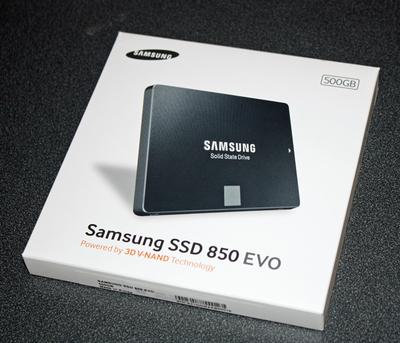The larger the file, the more likely data will corrupt over time. I have had the best results with ZFS file format using a linux operating system called FreeNAS.
You can use backblaze reports to find the most reliable drives at the cheapest cost per GB. I personally chose 4x HGST NAS 6TB drives. In RAID 10 for 12 TB of usable space. For the past 2 years, I had one drive error, 5 minutes later ZFS recovered it, since that one instance, not a single problem. (The drive was fine.) And none of the files that I know of have gotten corrupted while stored on the system.
Some common RAID modes.
RAID 0 - All drives striped, meaning 4x 4TB drives = 16 TB of space. (There's no redundancy, one drive error = all data lost.)
RAID 1 - All drives mirror each others, meaning 4x 4TB drives = 4TB of space. (Lots of redundancy, with 3 drives destroyed, still have the data.)
RAID 10 - Does mirroring over stripe, or stripe over mirror. Meaning 4x 4TB drives = 8TB of space. (Some redundancy, as long as mirror is maintained.)
There are other raid modes like RAID 5 which do something similar to RAID 10. However, there's a fault tolerance to RAID 5 where the size of drives make it possible to have a second drive die during replication, meaning there's a chance you can lose all data similar to the RAID 1 scenario. I prefer intel's DMI protocol because SMART hard drive data is exposed for up to 8 drives on most motherboards, but I also like LSI cards because they tend to be more reliable than highpoint and adaptec cards.
There is also a speed difference between different RAID modes, but that's based on the software/hardware layers supporting those improvements.
Ref: https://www.google.com/search?q=raid+modes
Ref: https://www.backblaze.com/blog/hard-drive-reliability-stats-q1-2016/
You can also opt to use a online service like Dropbox, Back Blaze, etc. But I've found transporting data back and forth too restrictive when your talking about large files.



